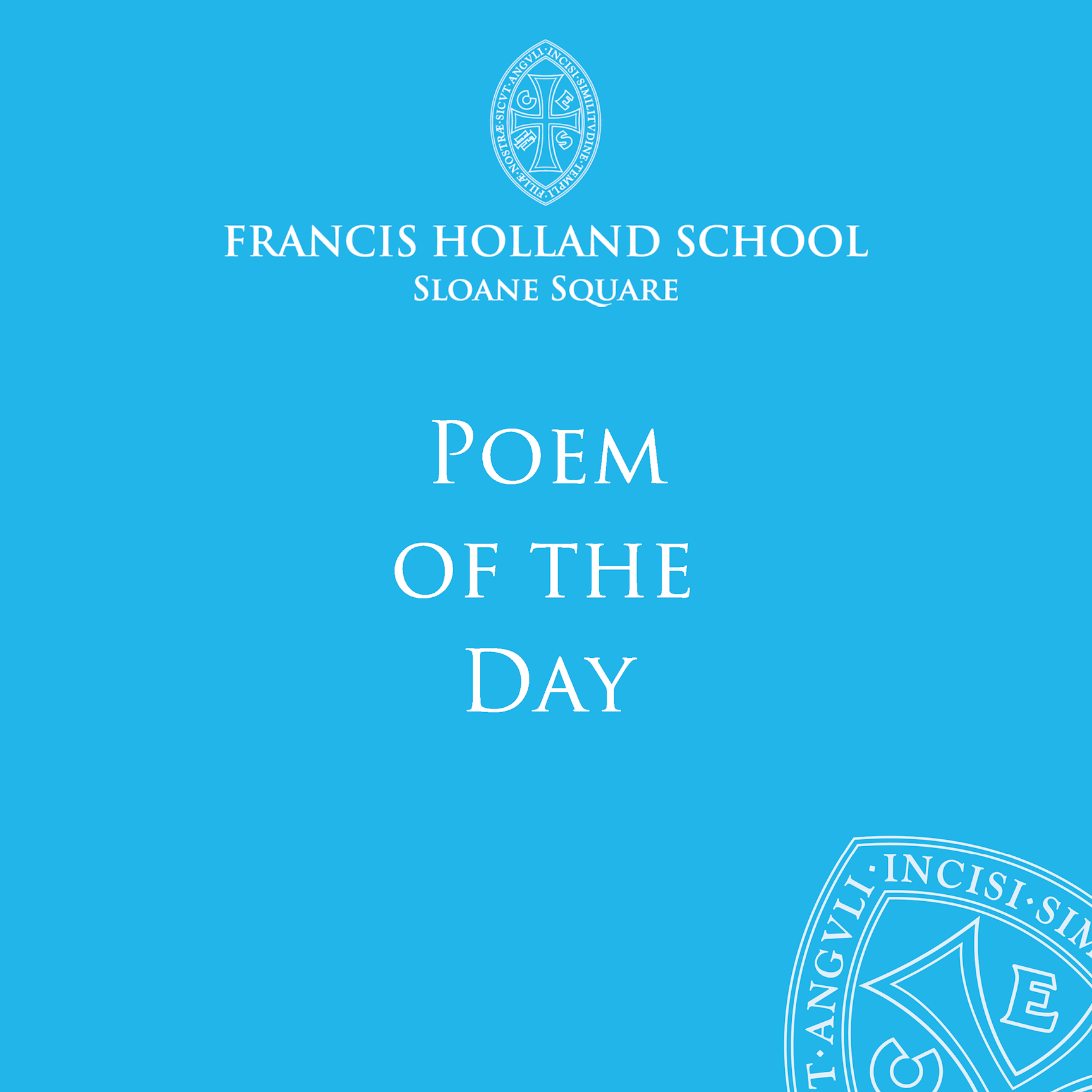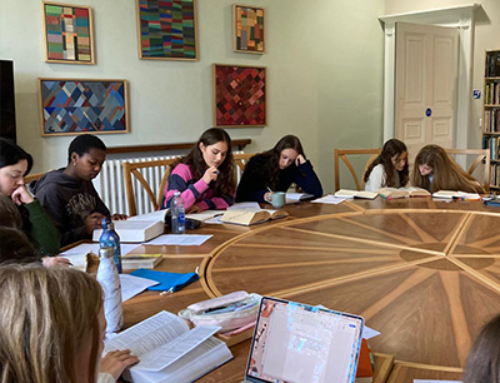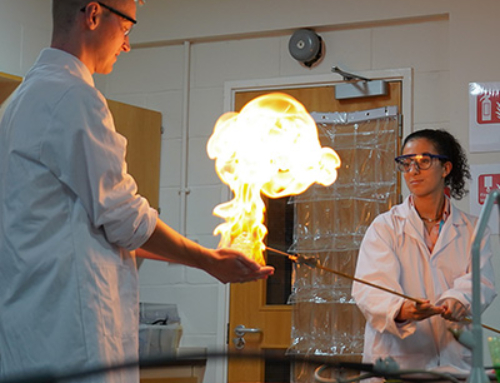It is by Anne Spencer. She was born on February 6, 1882, in Henry County, Virginia. Spencer was an important figure of the Harlem Renaissance. Despite her distance from New York, she developed close friendships with several writers from this movement.
Our A Level English students will know that the Harlem Renaissance was a blossoming of African American culture, particularly in the creative arts, that was centred around Harlem in New York in the 1920s and 1930s. It was arguably the most influential movement in African American literary history. Embracing literary, musical, theatrical, and visual arts, participants sought to reconceptualise what it meant to be black in America. They sought to break free from white stereotypes, which had influenced their relationships to their heritage and to each other. They also sought to break free of Victorian moral values and bourgeois shame about aspects of their lives that might, as seen by some white Americans at the time, reinforce racist beliefs. See below for one of the most wonderful pictures of a literary movement ever taken.
 In Lines to a Nasturtium, the speaker addresses the flaming heart of the usually yellow, orange or red nasturtium, here evocatively named the flame flower. It mesmerises the daring bee and a small and humming bird with an unheard fluty/Voice that lure[s]. The speaker only knows one other that can compete with this power, one with eyes a rising star and hands like brown lilies sweet. Only Cloth of gold is worthy of this person. Moreover, the speaker is overwhelmed just by repeating her memory for us: the senses flood. Surpassing the nasturtiums status as the Day-torch is the beloved woman, the one with the fire-lit heart that continues Beating, beating. away and beyond the final line of the poem.
In Lines to a Nasturtium, the speaker addresses the flaming heart of the usually yellow, orange or red nasturtium, here evocatively named the flame flower. It mesmerises the daring bee and a small and humming bird with an unheard fluty/Voice that lure[s]. The speaker only knows one other that can compete with this power, one with eyes a rising star and hands like brown lilies sweet. Only Cloth of gold is worthy of this person. Moreover, the speaker is overwhelmed just by repeating her memory for us: the senses flood. Surpassing the nasturtiums status as the Day-torch is the beloved woman, the one with the fire-lit heart that continues Beating, beating. away and beyond the final line of the poem.
Lines to a Nasturtium
A lover muses
Flame-flower, Day-torch, Mauna Loa,
I saw a daring bee, today, pause, and soar,
Into your flaming heart;
Then did I hear crisp crinkled laughter
As the furies after tore him apart?
A bird, next, small and humming,
Looked into your startled depths and fled…
Surely, some dread sight, and dafter
Than human eyes as mine can see,
Set the stricken air waves drumming
In his flight.
Day-torch, Flame-flower, cool-hot Beauty,
I cannot see, I cannot hear your fluty
Voice lure your loving swain,
But I know one other to whom you are in beauty
Born in vain;
Hair like the setting sun,
Her eyes a rising star,
Motions gracious as reeds by Babylon, bar
All your competing;
Hands like, how like, brown lilies sweet,
Cloth of gold were fair enough to touch her feet…
Ah, how the senses flood at my repeating,
As once in her fire-lit heart I felt the furies
Beating, beating.
By Anne Spencer














